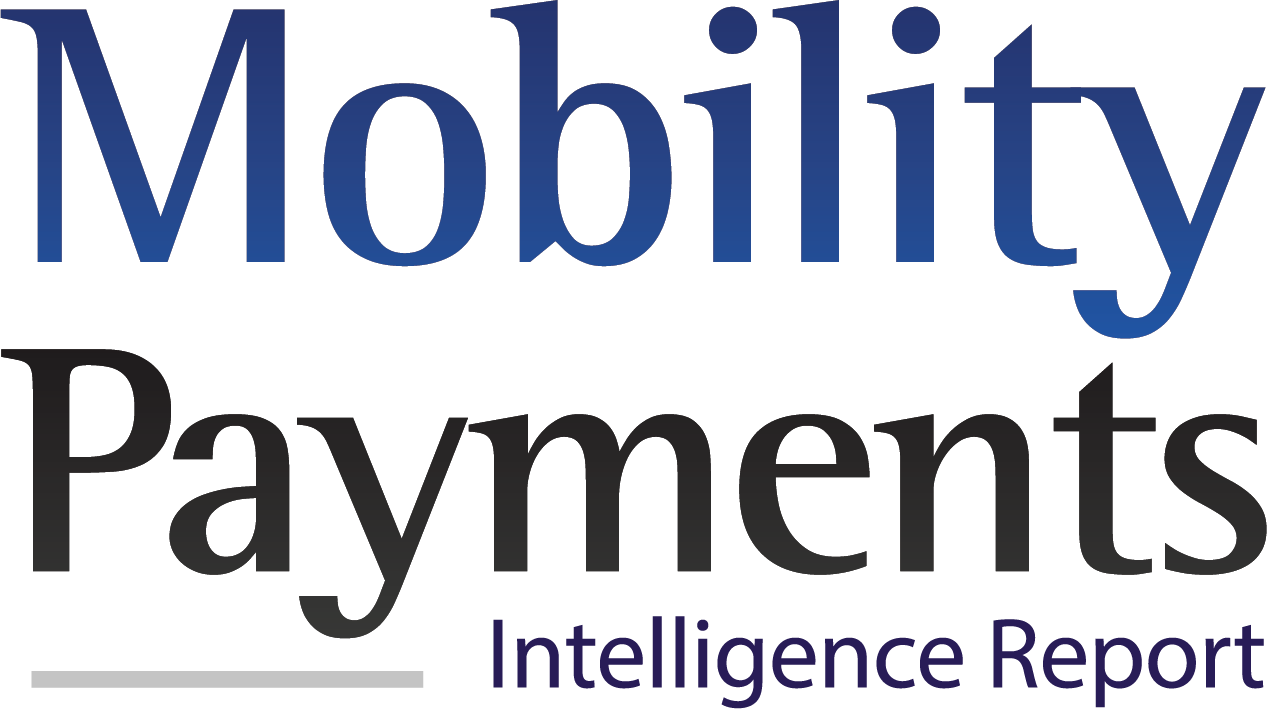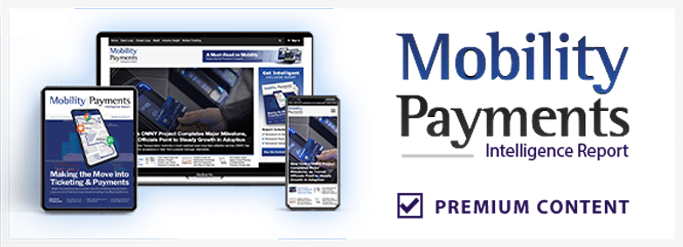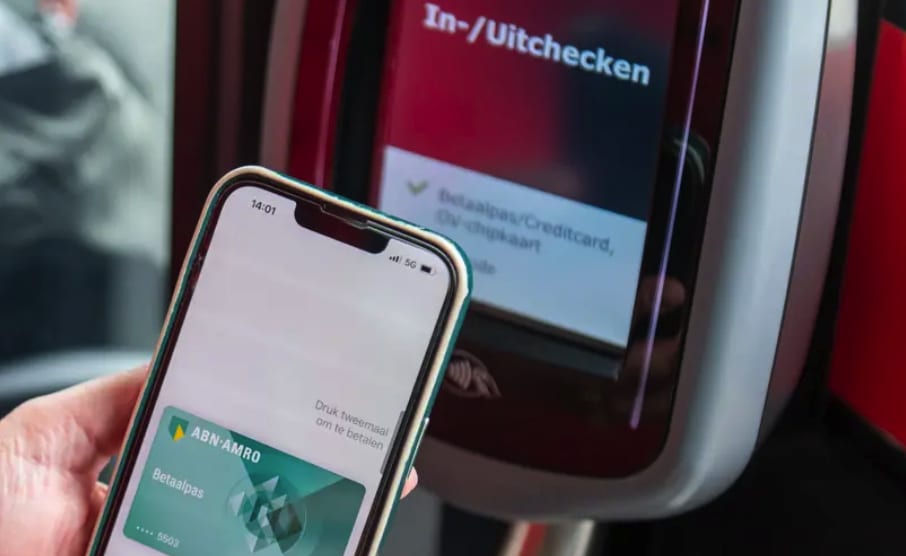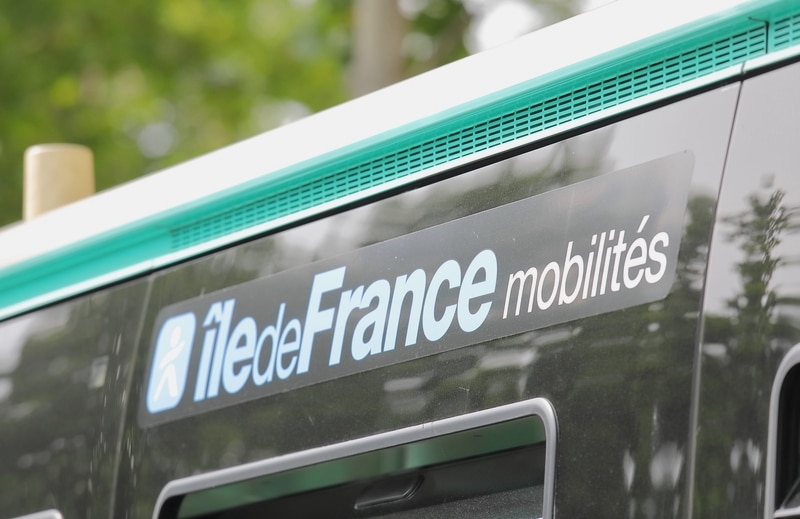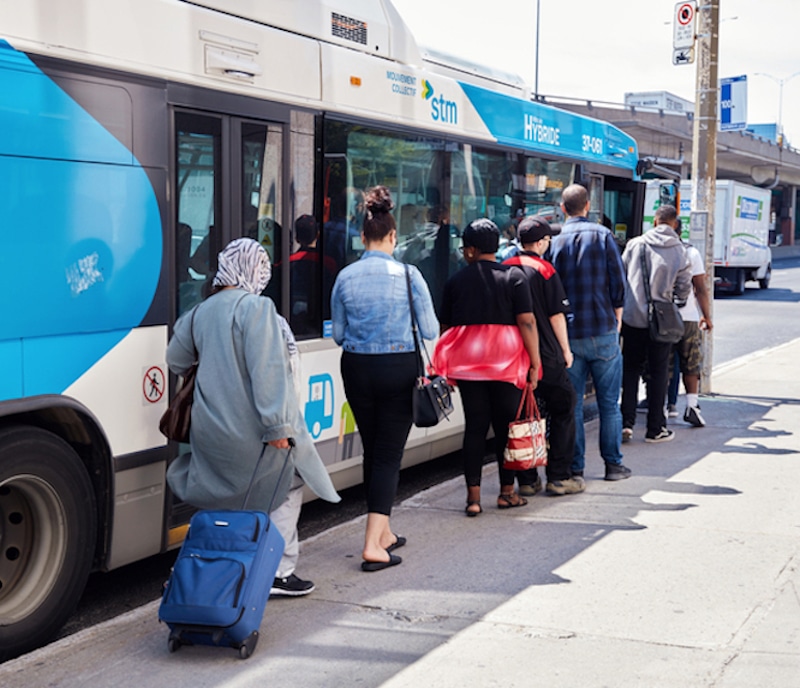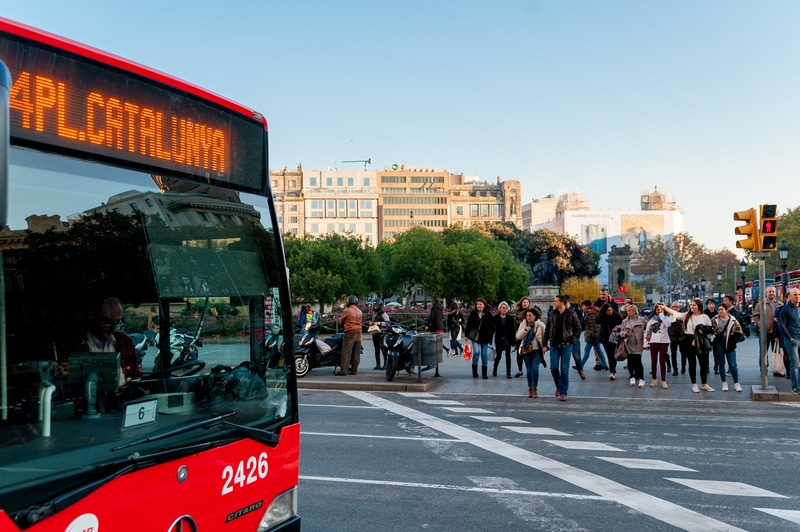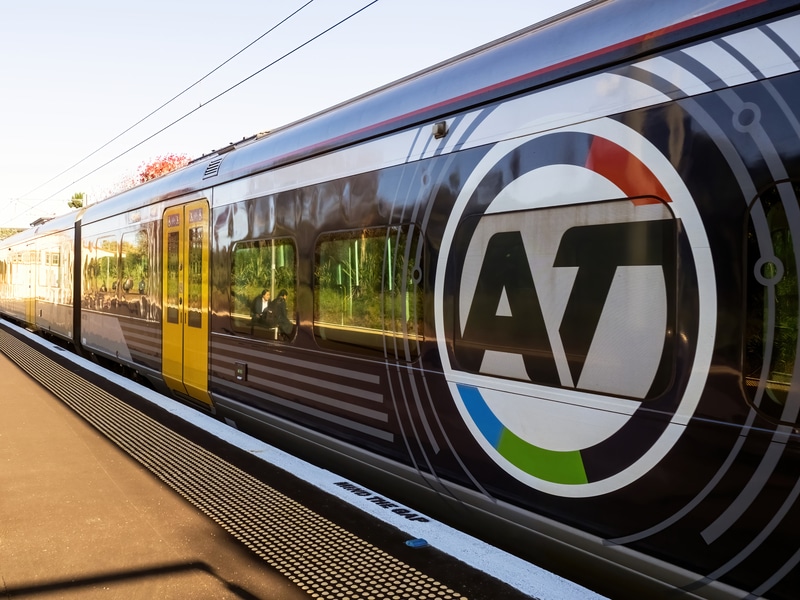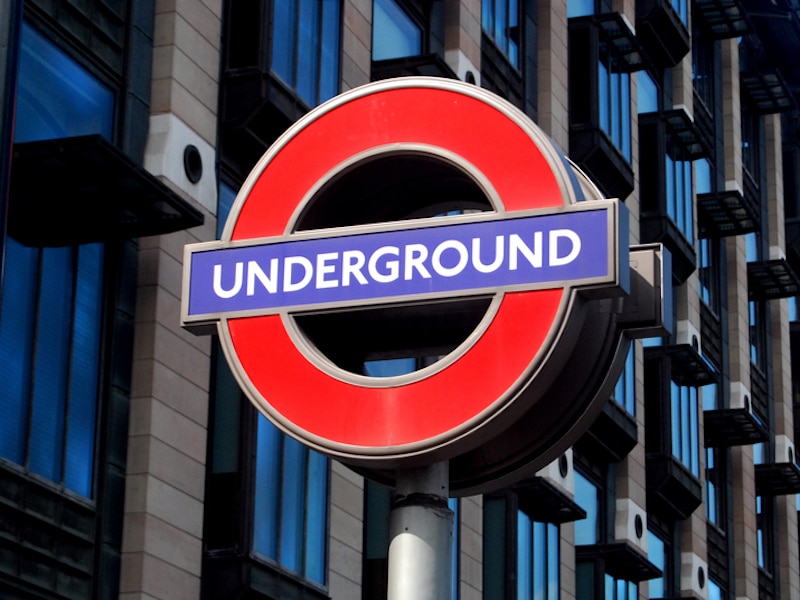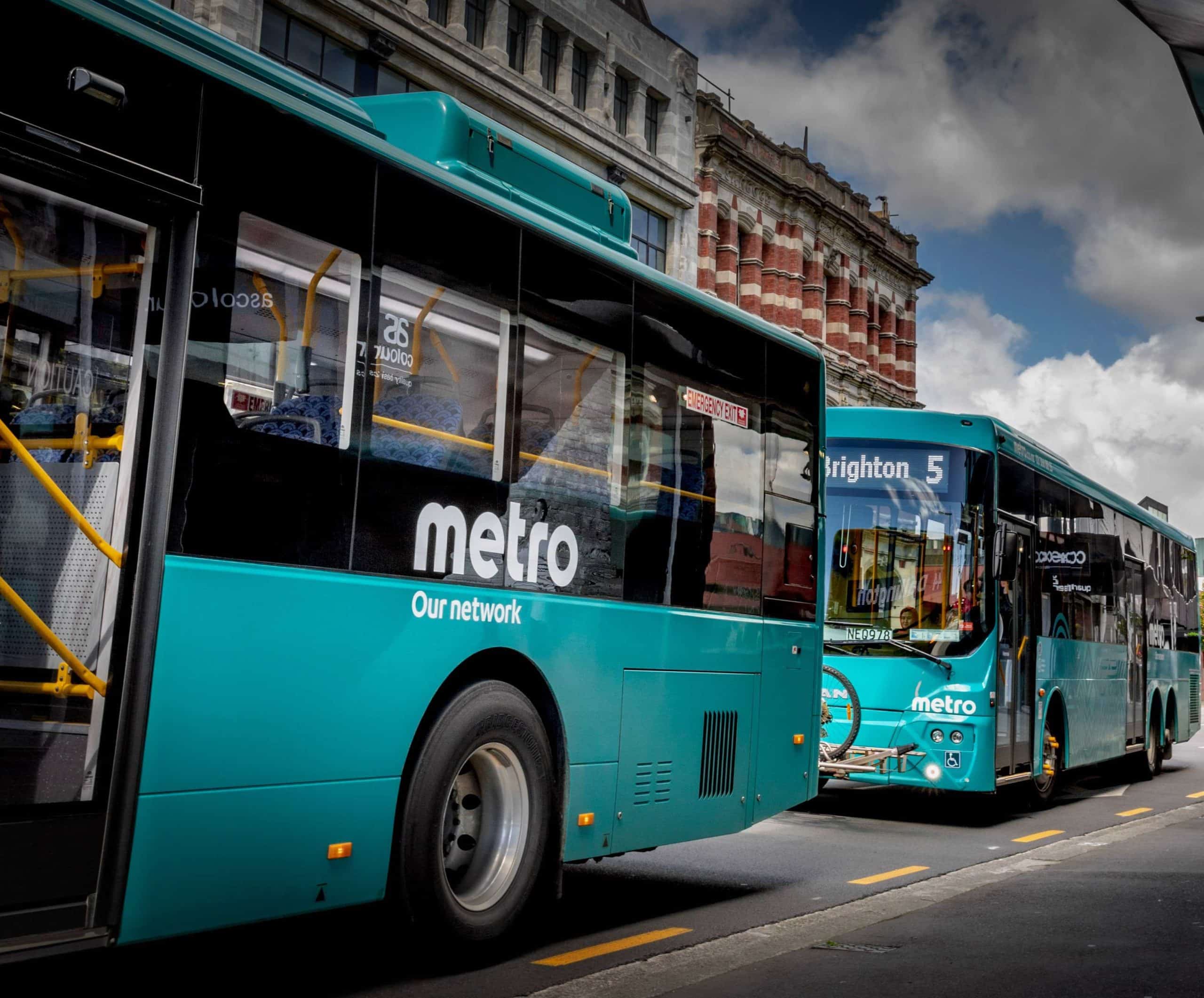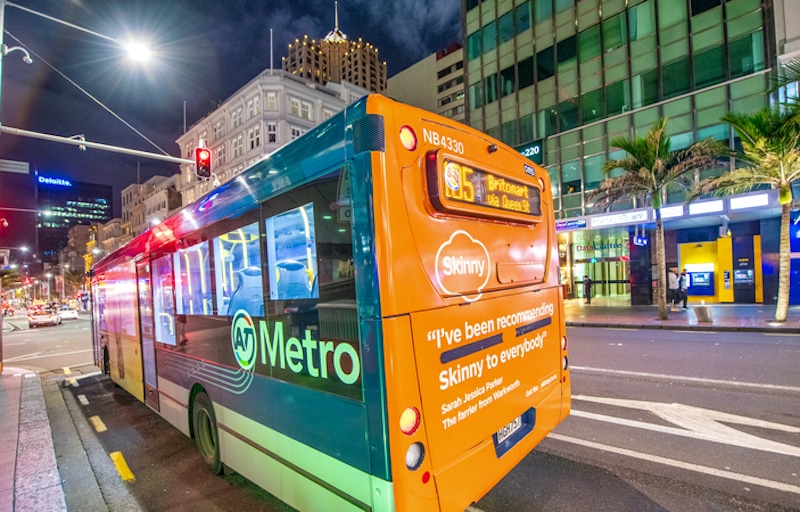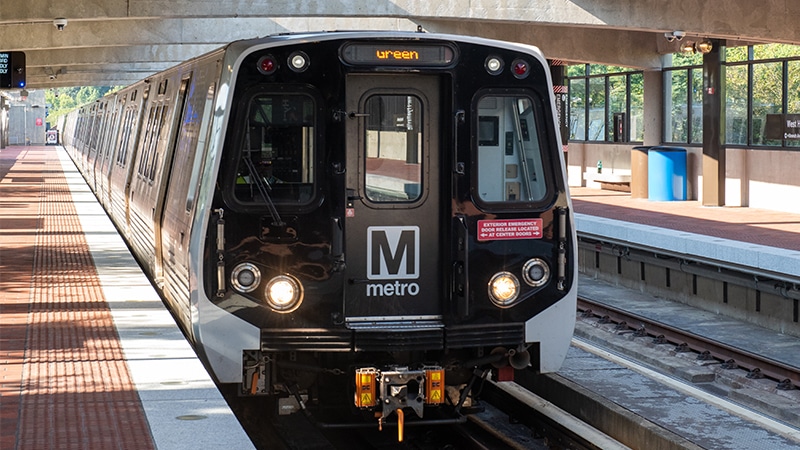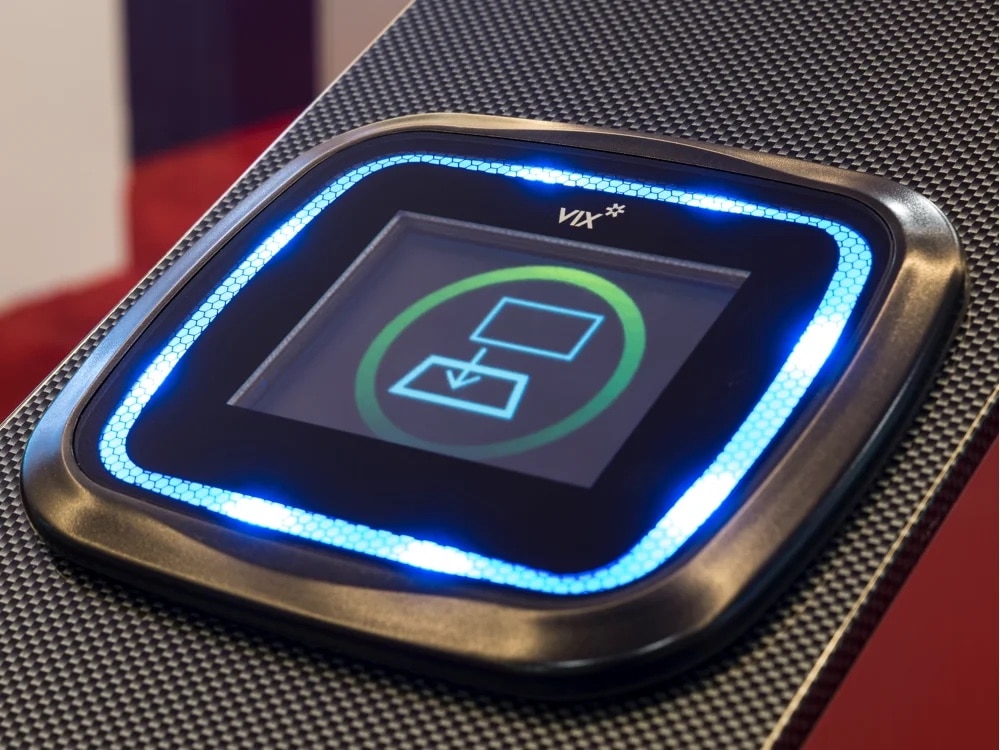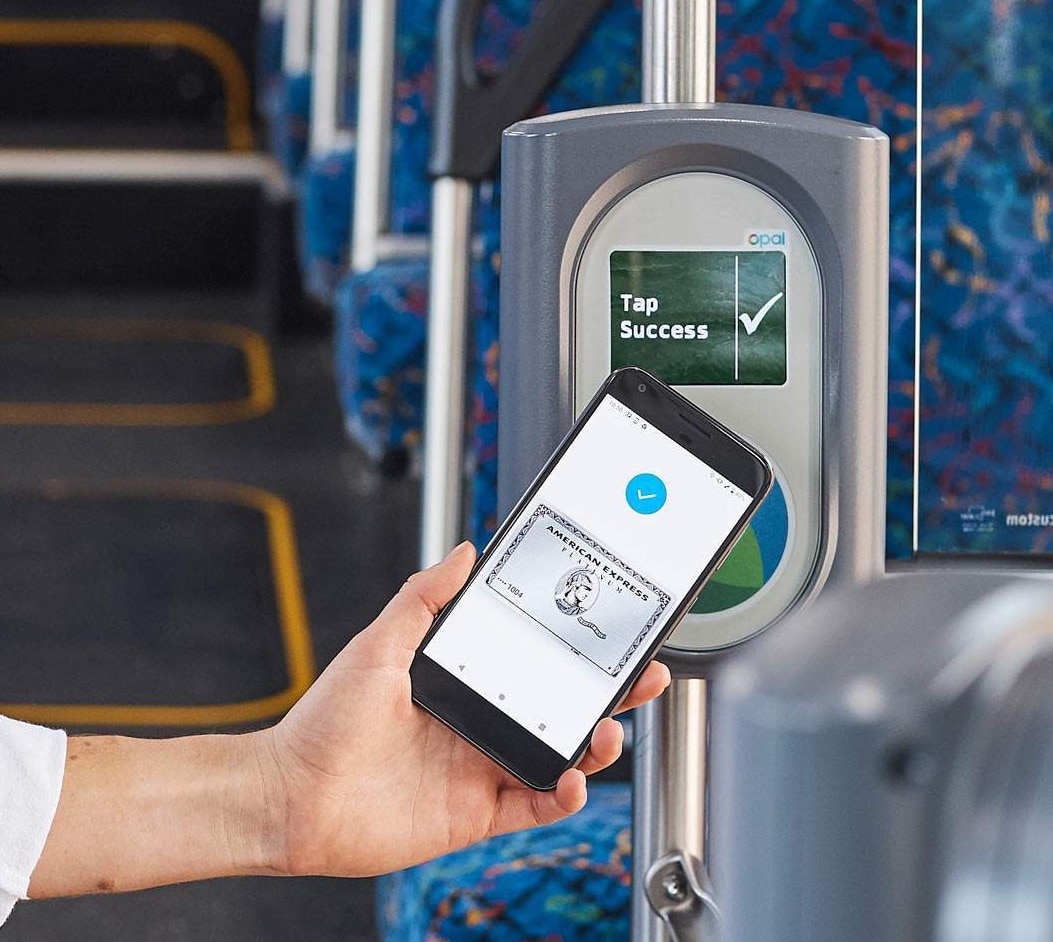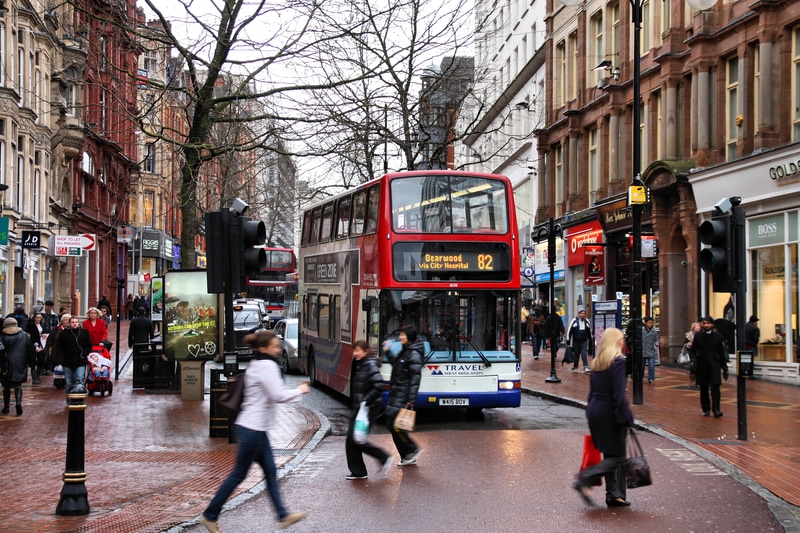
Article Highlights
Transit officials serving the UK’s second largest city, Birmingham, and the surrounding West Midlands region are moving forward with a London-style multimodal fare-capping system for contactless credit and debit payments. Transport for West Midlands is seeking to roll out pay-as-you-go contactless on buses, trams, trains and bicycle rental. A larger regional, even national, implementation could eventually follow.
The £18 million (US$21.1 million) project will take an estimated two years to complete. The funding comes from the national government’s Department for Transport.
• TfWM (West Midlands)
• W. Midlands Combined Auth.
• Transport for London
• National Express
Transit officials serving the UK’s second largest city, Birmingham, and the surrounding West Midlands region are moving forward with a London-style multimodal fare-capping system for contactless credit and debit payments, working with the major bus operator in the region, National Express, and other commercial bus operators.
